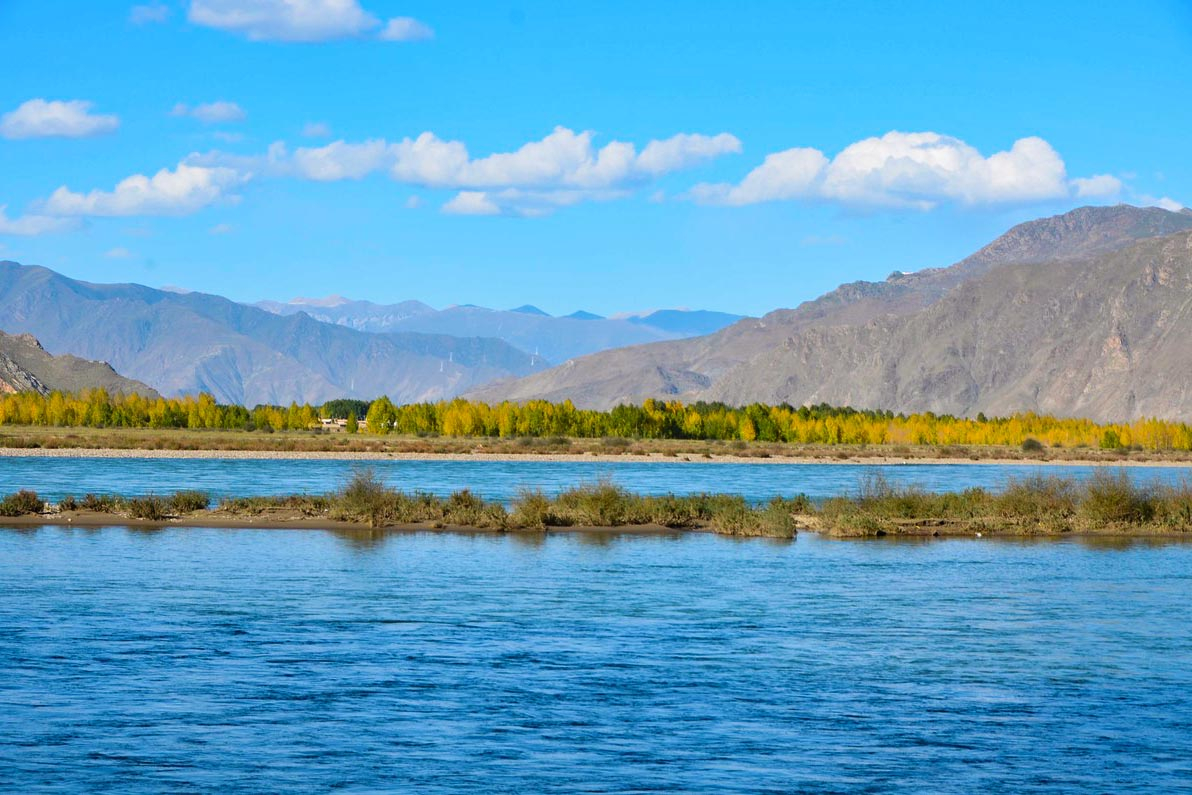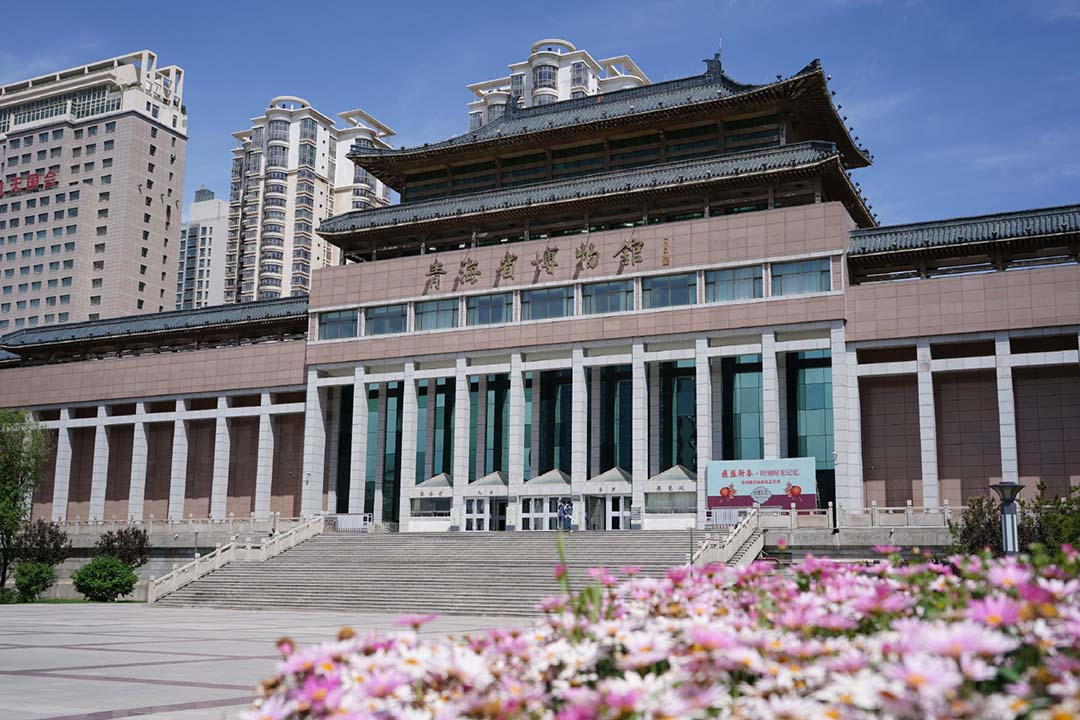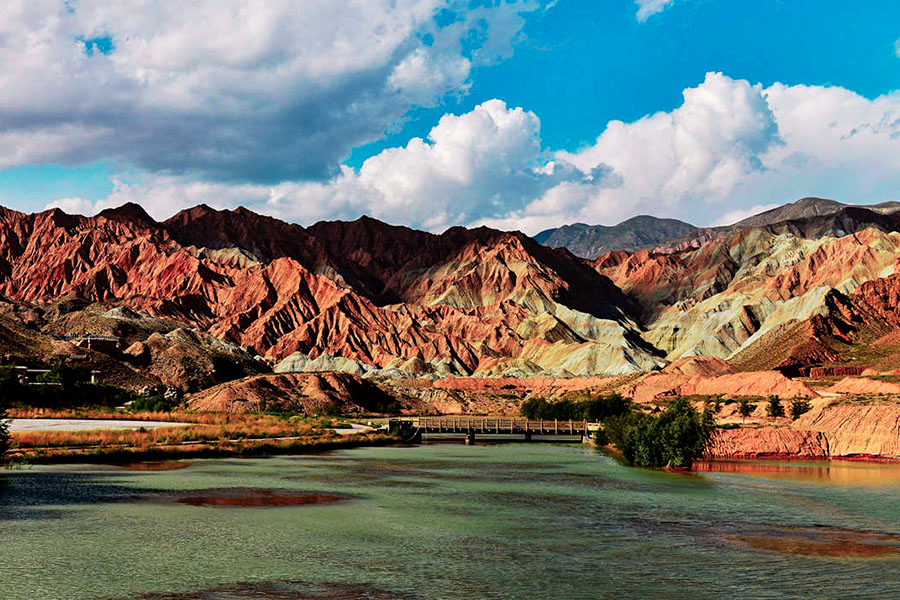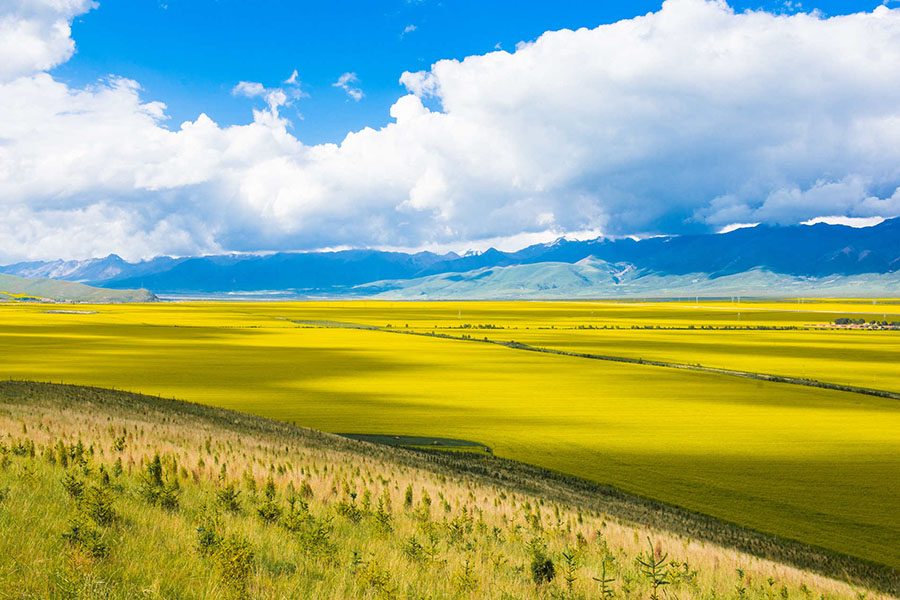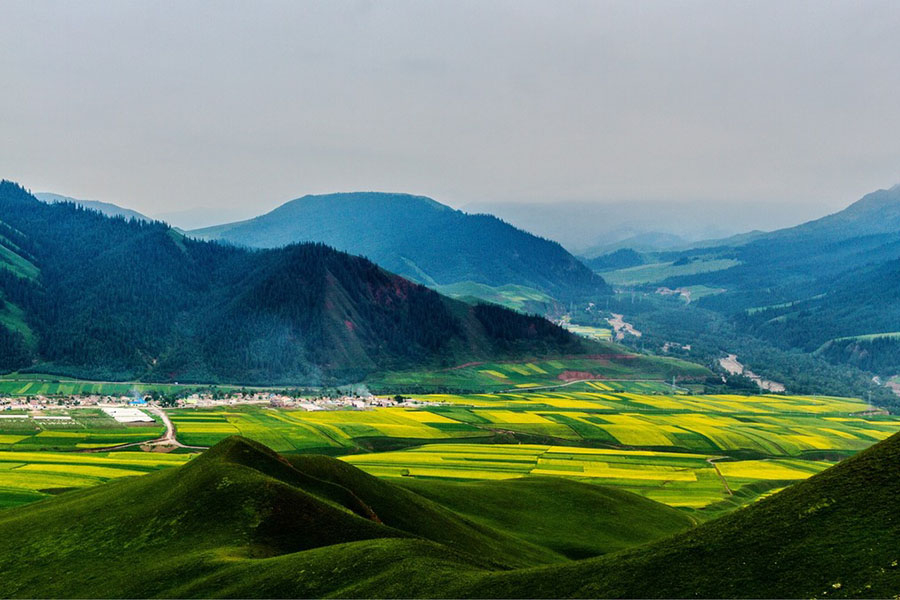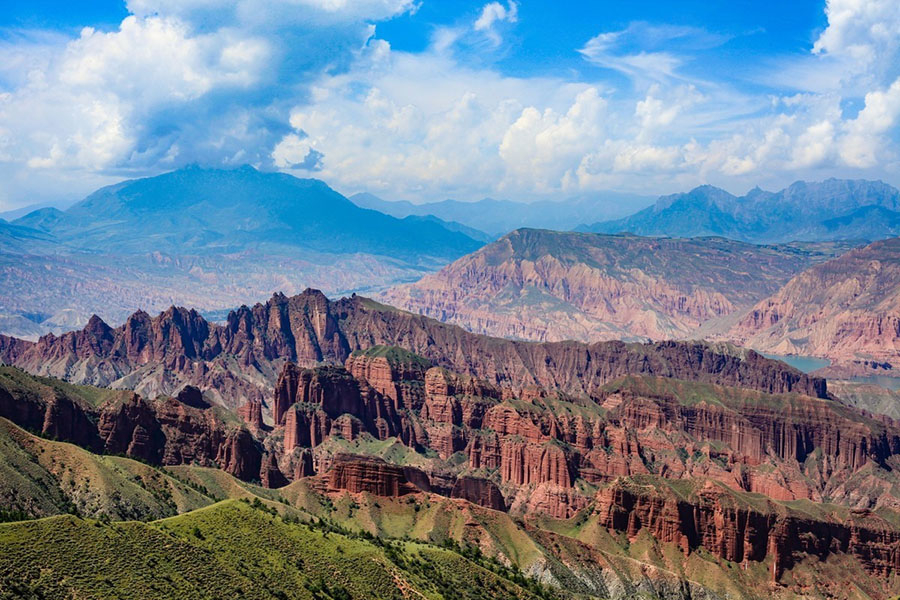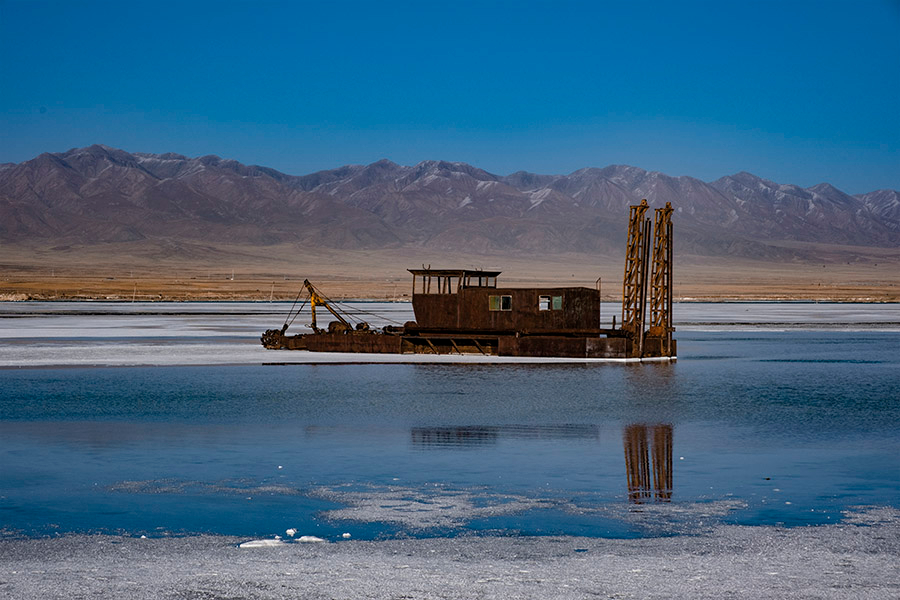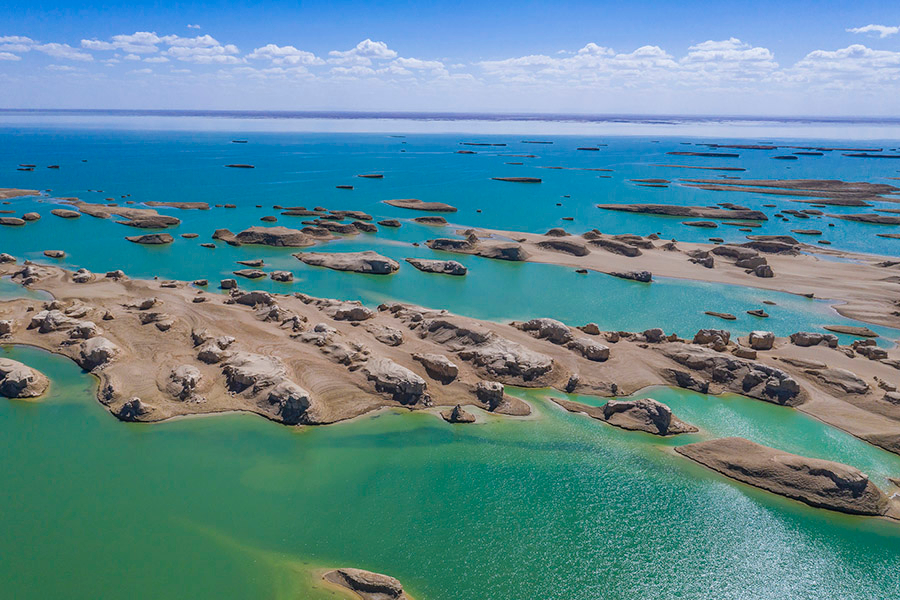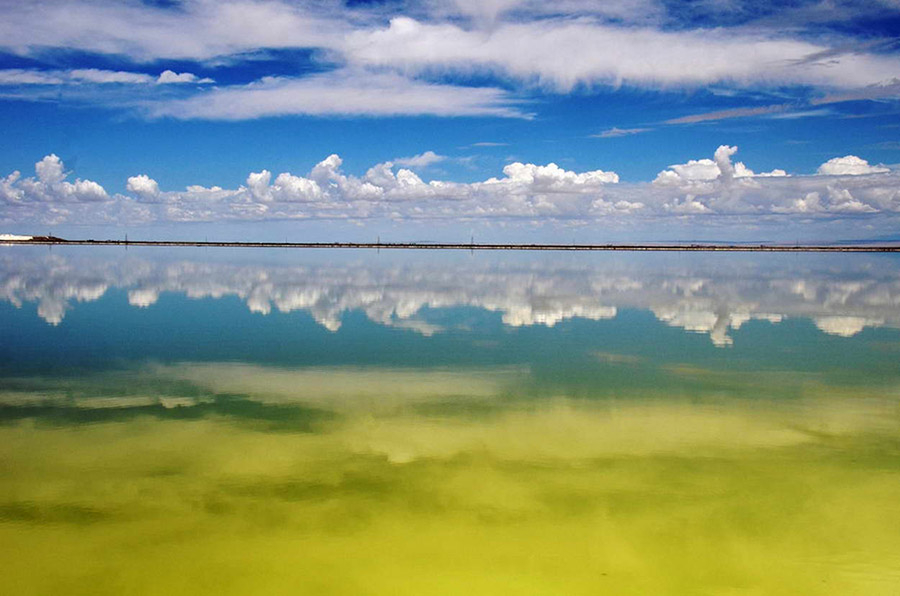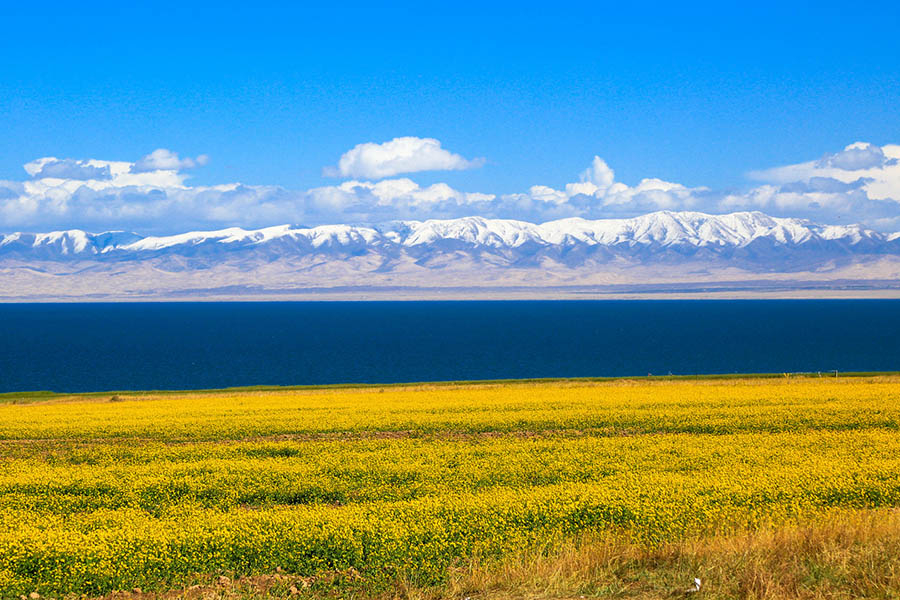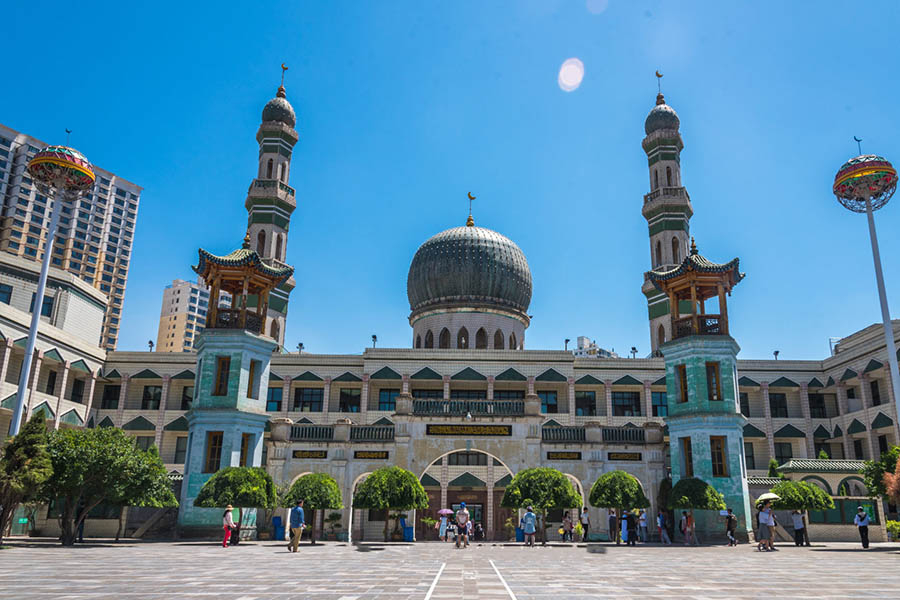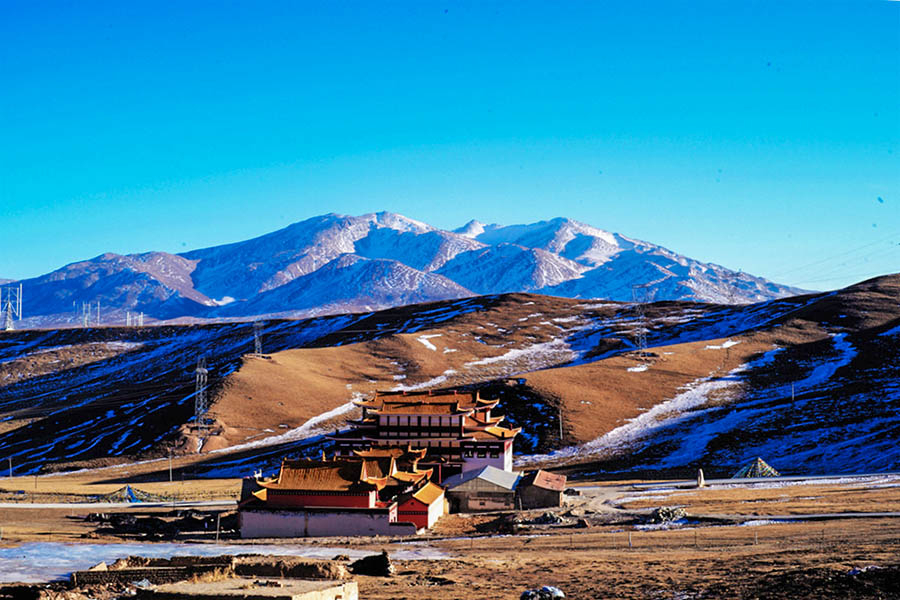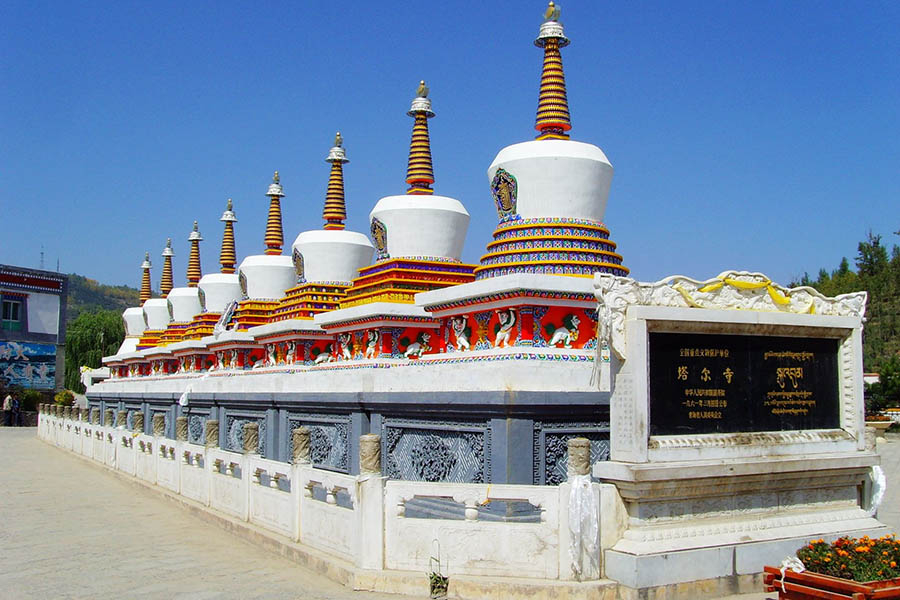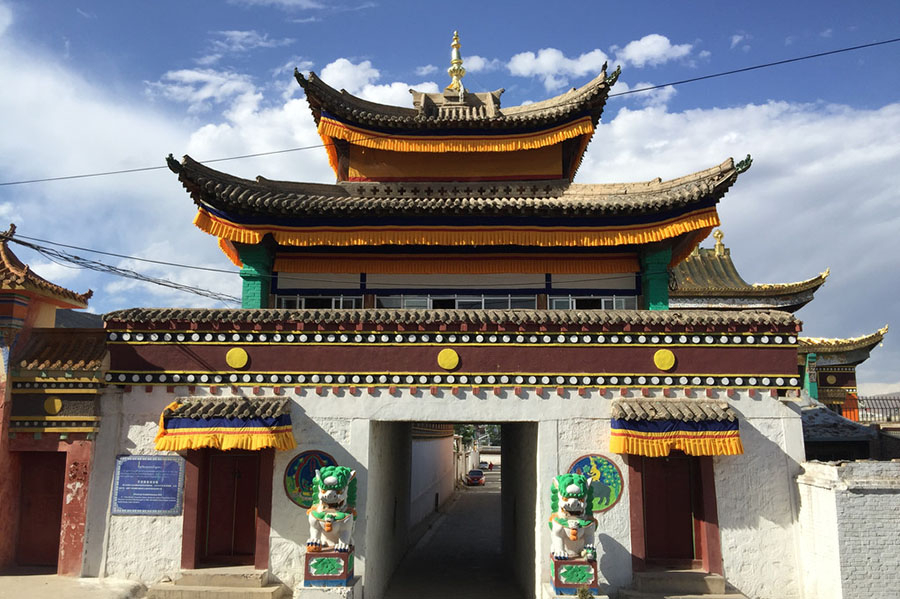Qinghai Museum
Chinese name: 青海省博物馆(Qing Hai Sheng Bo Wu Guan))
Location: No.58 Xiguan road, Chengxi District, Xining, Qinghai
Ticket: Free
Estimated time of tour: 2-3 hours
Recommended time of visit: all year round.
Nearby attractions: Dongguan Grand Mosque, Ta’er Monastery, Qinghai Lake, etc.
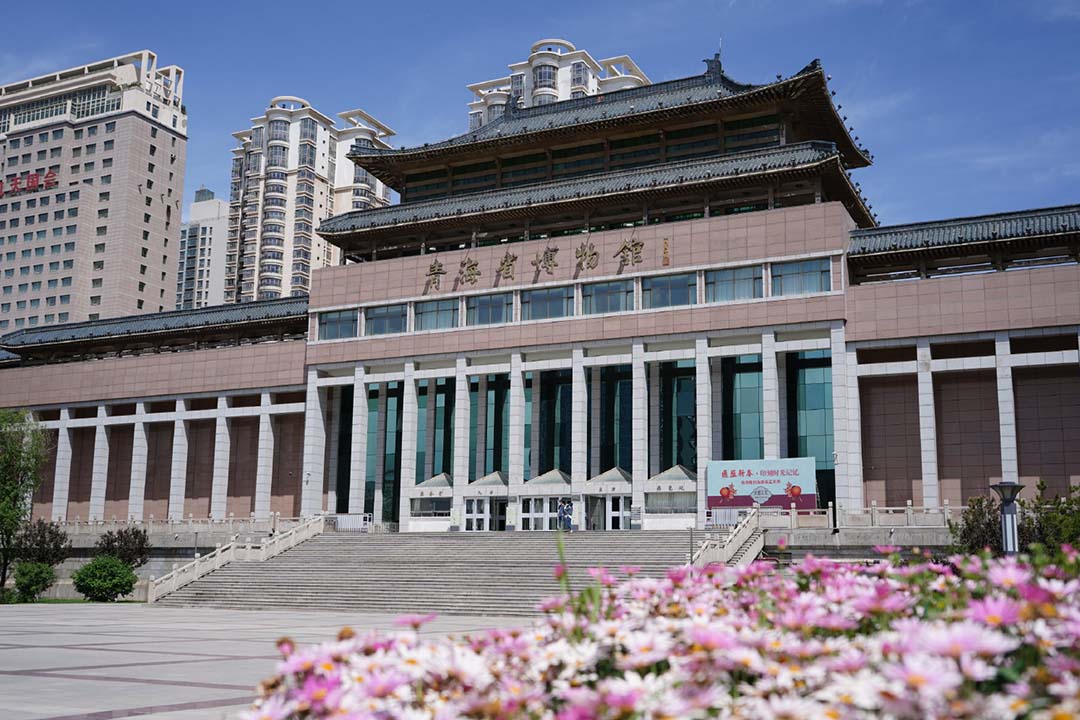
Qinghai museum is in downtown Xining. Xining is the capital city of Qinghai province. Qinghai Provincial Museum was firstly conceptualized in 1957. After years of debate and construction, the museum was open to public in September, 1986. The new site was open in May, 2001. From April of 2008, this museum is free to all visitors. In 2017, Qinghai museum was awarded the Class A Museum of China.
There are 9 exhibition halls in this museum, exhibition areas cover 9146 square metres. There are nearly 15000 pieces of artifacts on display or in storage in this museum, featuring cultures and history from neolithic era and other historic periods.
● Permanent Exhibition
Source of Three Rivers(Sanjiangyuan)- Historical Relics of Qinghai
This is the major themed exhibition of this museum. Qinghai is the home to the source of Yangtse River, Yellow River and Langtsang River. These are three major rivers in China. Many early civilizations thrived on the river banks of these mighty rivers. There are 16 countries and one town in this area, with a gross area of 36.3 square kilometers, which account for 50.4% of the whole province area. Sanjiangyuan Nature Reserve was established in May, 2000. The State Council of China formally approved it as a national nature reserve in January of 2003.
Intangible Cultural Heritage
Qinghai is located in the northwest China, the northeast corner of the Qinghai-Tibetan Plateau, which is part of the Qinghai-Tibetan Plateau.Qinghai Province, at 721,200 square kilometer, is the fourth largest province in China. Qinghai has a population greater than 5.5 million, composed primarily of the Han group. However, 46% of the populations including minority ethnic groups such as Tibetans, Hui, Tu, Sala and Mongolians. They, together with Hans, created a colourful and diversified culture. Their music, dance, language, rituals, social practices and their unique understanding of the universe are an important and integral part of Chinese culture. Qinghai Museum has dedicated to preserved those cultures handed down by words, songs, performances and writings.
- HOTEST
- RECOMMEND
